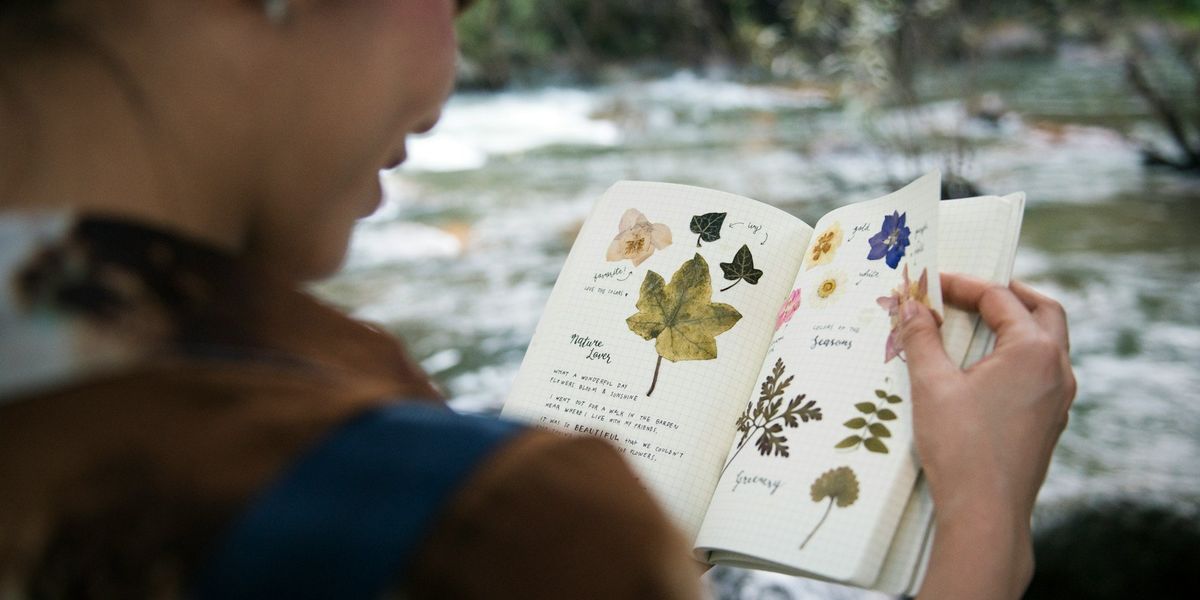
Plants are struggling to breathe in a world full of plastic and smoke
Photosynthesis — the ancient process that feeds us and cools the planet — is under pressure from pollution, plastic, and climate change.
Jack Marley reports for The Conversation.
In short:
- Scientists warn that microplastics are disrupting photosynthesis in plants, potentially threatening global food production and accelerating climate change.
- While crops and young trees have helped absorb more CO₂ over the past 50 years, that carbon uptake is slowing due to nutrient-poor soils, drought, and other climate-related stresses.
- Researchers are now exploring how to "hack" photosynthesis — through genetic tools and insights from ancient organisms — to help plants become more efficient in a hotter, more volatile world.
Key quote:
“Microplastics are hindering photosynthesis… This threatens massive losses in crop and seafood production over the coming decades that could mean food shortages for hundreds of millions of people.”
— Denis J. Murphy, emeritus professor of biotechnology, University of South Wales
Why this matters:
Crops and wild plants that once gulped carbon like a sponge are now struggling, thanks to drought, degraded soils, and the lingering effects of fossil fuel addiction. As a result, researchers are turning to some radical ideas — genetically “tuning” photosynthesis, borrowing tricks from bacteria, even rewriting how plants handle sunlight. The hope is to create a more efficient engine for life in a climate-altered world. Because if Earth’s lungs fail, it’s not just the trees that go down with them.
Read more: From making it to managing it, plastic is a major contributor to climate change














